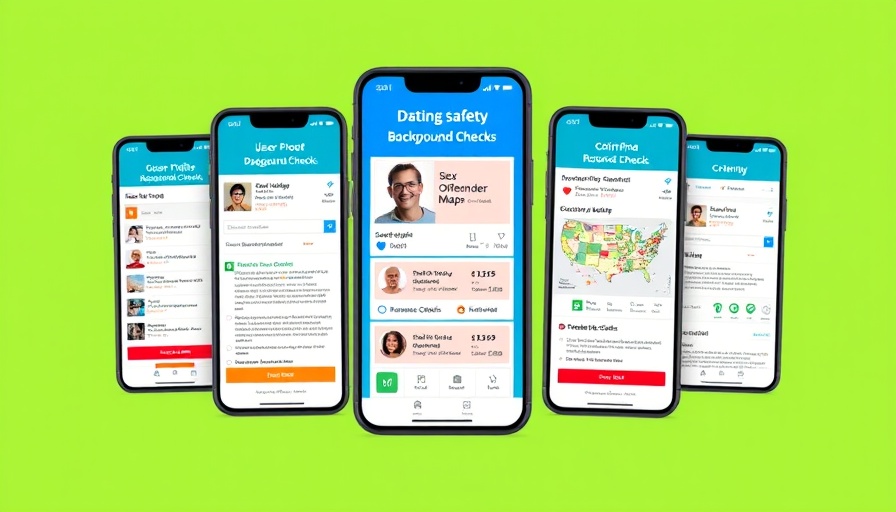
The Tea App Breach: What Happened?
The dating safety app, Tea, has been thrust into the spotlight due to a significant data breach that exposed the personal images of approximately 72,000 users. This breach primarily impacted users who signed up before February 2024 and included a troubling mix of self-submitted selfies and ID images, as well as content from posts, comments, and direct messages. In response, Tea is currently working with third-party cybersecurity experts to assess the damage and enhance its security systems.
Understanding the Implications of the Breach
For many, the prospect of their personal images being leaked online is deeply concerning. The violation of privacy can lead to severe emotional and psychological repercussions, especially within a dating context where trust and anonymity are crucial. With 59,000 images downloaded from users' interactions, the implications could extend beyond individual discomfort. The risk of misuse in harassment, identity theft, and extortion increases dramatically when such data falls into the wrong hands.
Current Cybersecurity Landscape
The Tea breach does not exist in a vacuum. It complements a wider pattern of increasing attacks on digital platforms, especially those that collect personal data. Recent studies have shown that mobile apps are becoming prime targets for cybercriminals, partially due to the growing amount of personal information they manage. In fact, a report from Cybersecurity Ventures predicted that by 2025, cybercrime will cost the world $10.5 trillion annually, underscoring the necessity for robust security and user awareness.
Proactive Measures for Users
As users of apps like Tea, it's vital to take proactive steps to protect personal information. Regularly updating passwords, enabling two-factor authentication, and being mindful of the personal data shared on such platforms are all critical practices. Moreover, understanding privacy policies and what data is stored can hinder vulnerabilities. While it's essential for companies like Tea to bolster their cybersecurity measures, users also share responsibility for safeguarding their information.
The Future of Dating Safety Apps
If anything, the breach at Tea serves as a wake-up call to dating app platforms. As popular as these services have become, there's a pressing need to integrate better security protocols to protect users' data. Emerging technologies, such as blockchain, are being considered to offer decentralized solutions to secure user identities and communications. The next generation of dating apps must prioritize privacy and security to foster user confidence and protect their data.
Conclusion: Navigating the Aftermath
The Tea app breach exposes significant vulnerabilities in the dating app ecosystem, compelling both developers and users to reevaluate their security measures. While Tea works to mitigate this issue, users should stay informed about the situation and continue to prioritize their online safety. Understanding these developments can empower users to make better choices about the dating platforms they choose to engage with.
For further updates on the situation, continue to follow tech news sources and cybersecurity reports.
 Add Row
Add Row  Add
Add 




Write A Comment